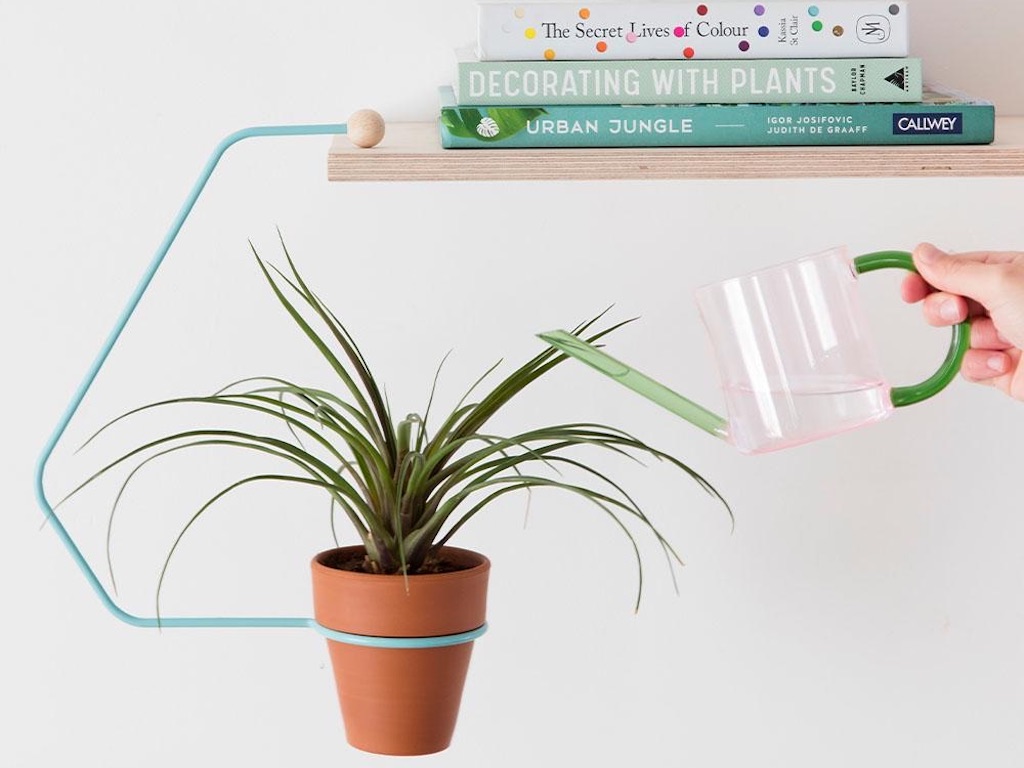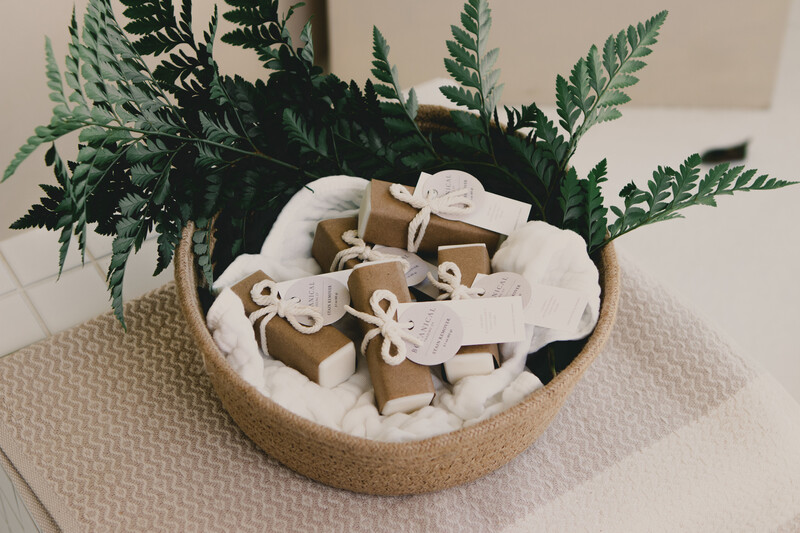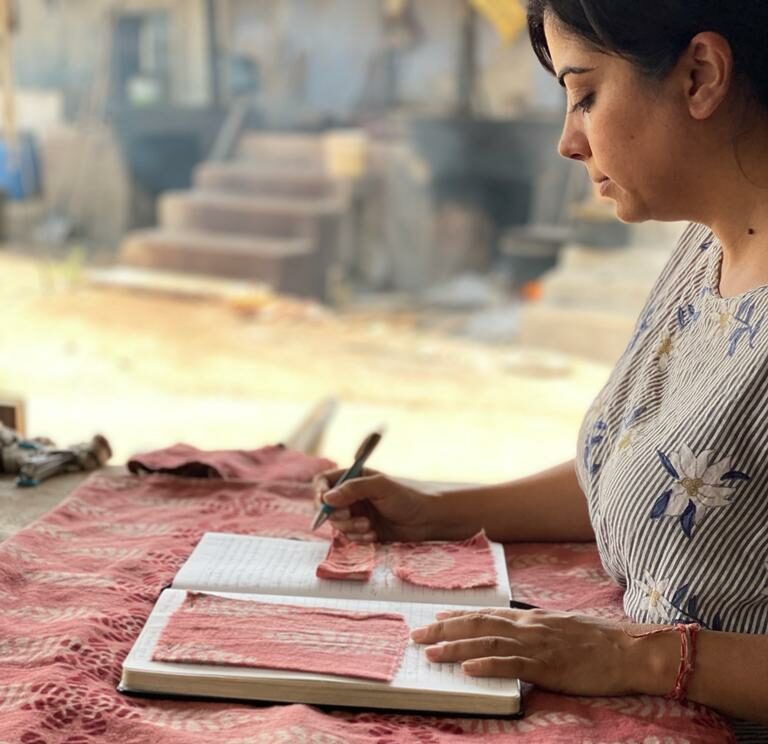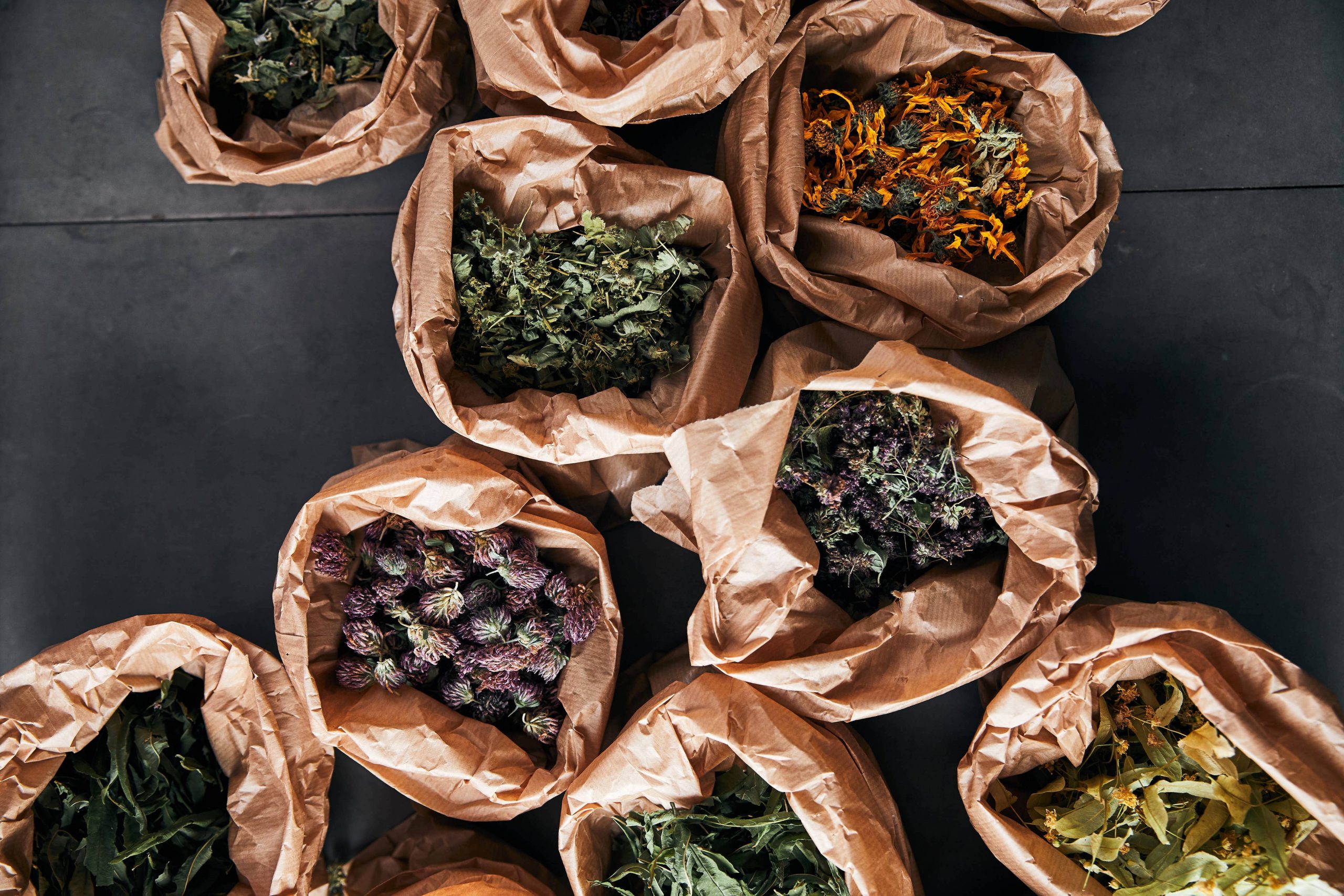
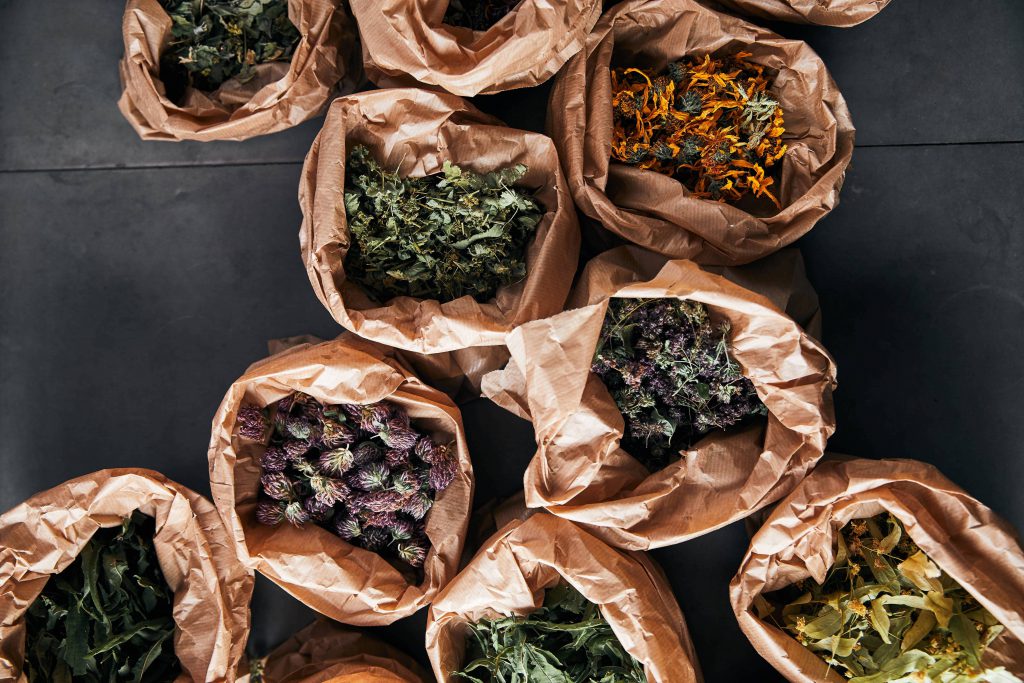
Adopting environmentally-friendly practices and reducing our carbon footprint is a value that’s always top of mind at Faire. We’re proud to work with brands who make it their mission to leave the planet better than they found it. To celebrate Earth Day, we talked to two eco-friendly brands—organic tea company Plūkt and apparel brand LAUDE the Label—on how to implement sustainable practices in each aspect of your business.
Source sustainable materials and ingredients
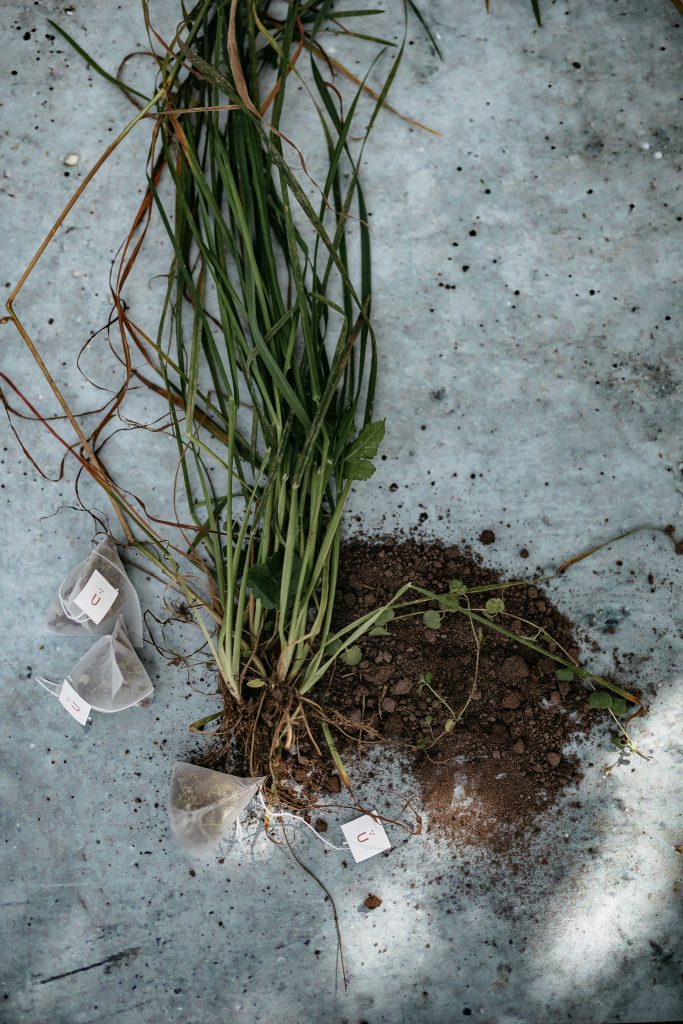
Reducing your carbon footprint starts with the materials put into your products. The mother-daughter duo behind the eco-friendly tea brand Plūkt has been finding ways to use organic ingredients from day one. “I always thought that if I wanted to build a business, I would want to bring something to the world that doesn’t harm nature or people,” said Māra, who founded the company with her mother Līga in Latvia in 2017.
Plūkt aims to introduce consumers to the beauty of Nordic tea culture while working with only natural ingredients. The herbs used in their tea are locally sourced from biologically certified wild meadows and forests, all grown by about 30 different farmers and field owners. Once the herbs are purchased, they’re brought to sun and wind energy tunnels, making even the process of manufacturing as natural and eco-friendly as possible. While many tea brands use plastic packaging to seal their tea bags (often resulting in plastic residue left in your tea), Plūkt uses only GMO-free and biodegradable materials in their products.
Like Plūkt, apparel brand LAUDE the Label made using eco-friendly materials a priority from the start. Founder Carly Burson saw first-hand the amount of waste produced by the apparel industry during her years working in corporate fashion, and she was determined to find a way to decrease the industry’s pollution. LAUDE’s garments—made by local women artisans in rural communities around the world—are free of all toxic chemicals, dyes, and synthetic fibers. In 2020, they achieved their goal of using 100% certified organic materials. The majority of their products are made with organic materials like cotton and linen, and they use only recycled materials in their packaging.
Reduce waste
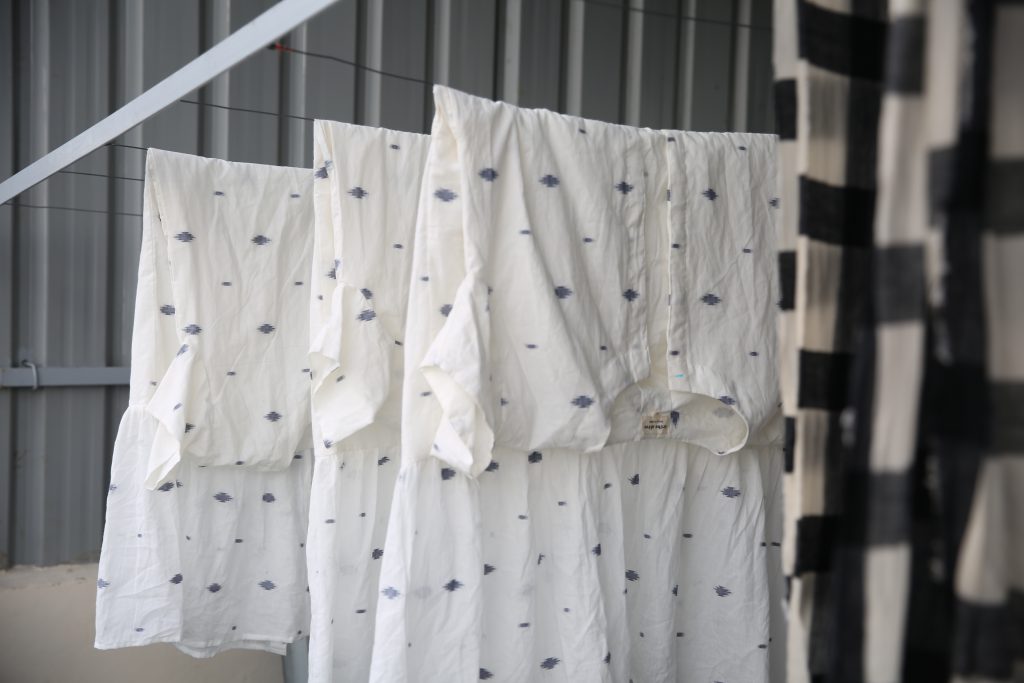
In addition to using eco-friendly materials, it’s equally as important to reduce the amount of waste produced during the manufacturing process. LAUDE the Label uses repurposed materials that would otherwise be thrown away in all their packaging, and they partner with the New Denim Project in Guatemala to use upcycled textiles in their denim. Last year alone, they were able to up-cycle over 33,000 pounds of textile waste.
Similarly, Plūkt is adamant that every herb is used in its entirety. Unlike many tea manufacturers, they don’t cut the herbs up into small pieces, thereby ensuring nothing precious is lost from the plant. Because of this, it’s not uncommon to find loose flowers or leaves in a container of their tea.
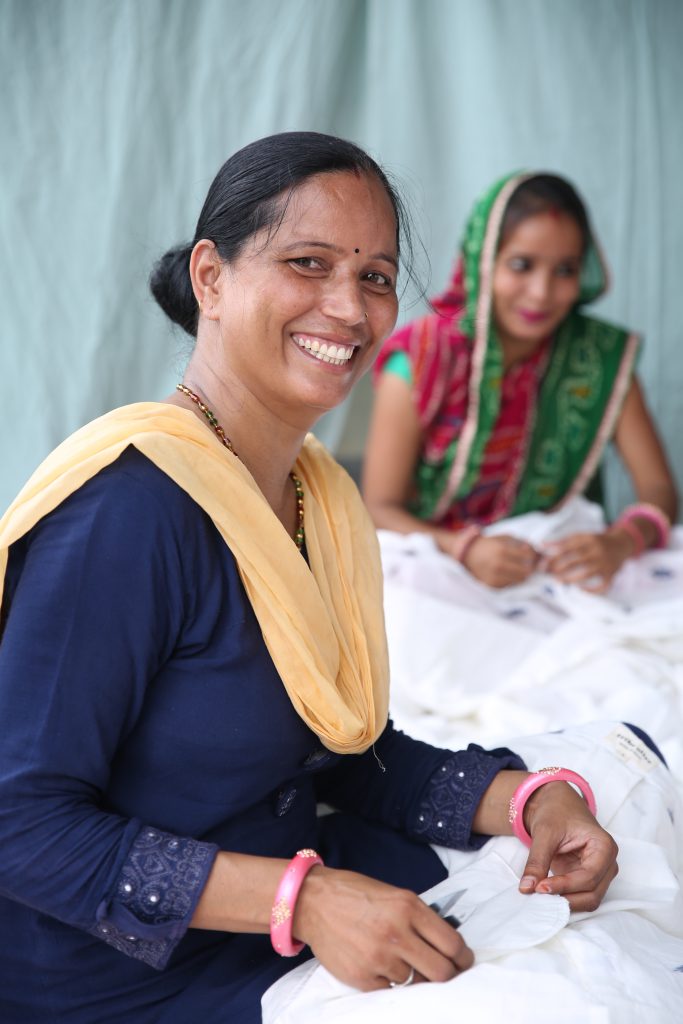
Start with a small step
When it comes to practicing sustainability, it’s important to start first with small steps so you don’t get overwhelmed with tackling everything at once.
Plūkt co-founder Māra recommended thinking through ways to be more eco-friendly, from evaluating daily operations to hiring sustainable-minded employees. She also underlined the value of educating yourself, your community, and your consumers on the importance of eco-friendly practices to ensure there’s understanding behind your actions.
Hannah Paul, LAUDE’s Brand Development Manager, emphasized starting with perfecting the practices you already have in place, rather than rushing to adopt new ones. “As a small, ethical brand there’s only so much growing you can do before you don’t have control over the process,” she said. “It’s about digging our feet deeper into the ground and being better at what we’re already doing.”
Celebrate Earth Day by selling your eco-friendly products on Faire.

